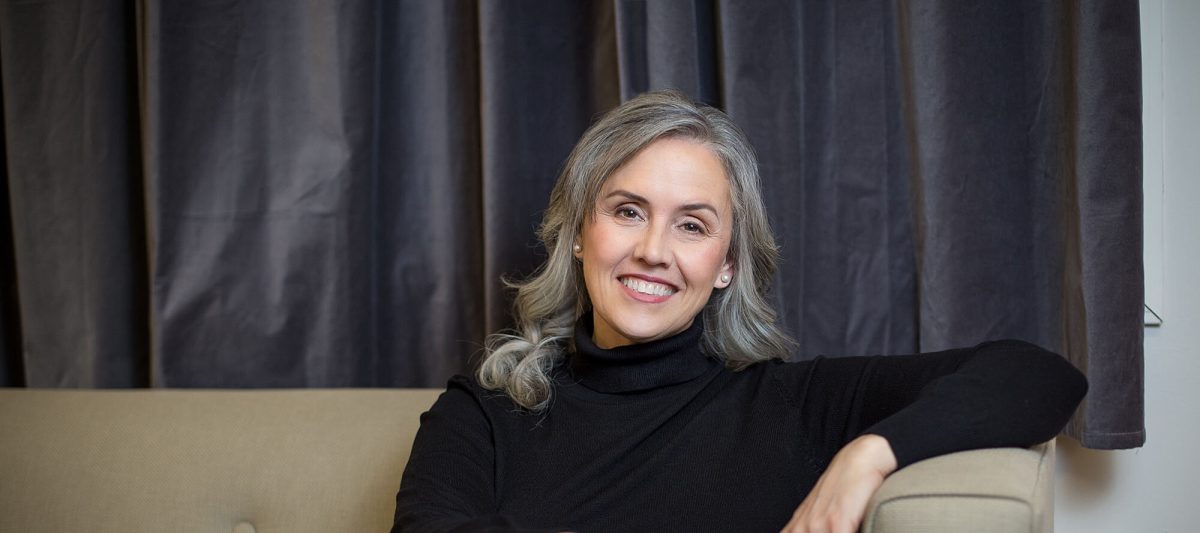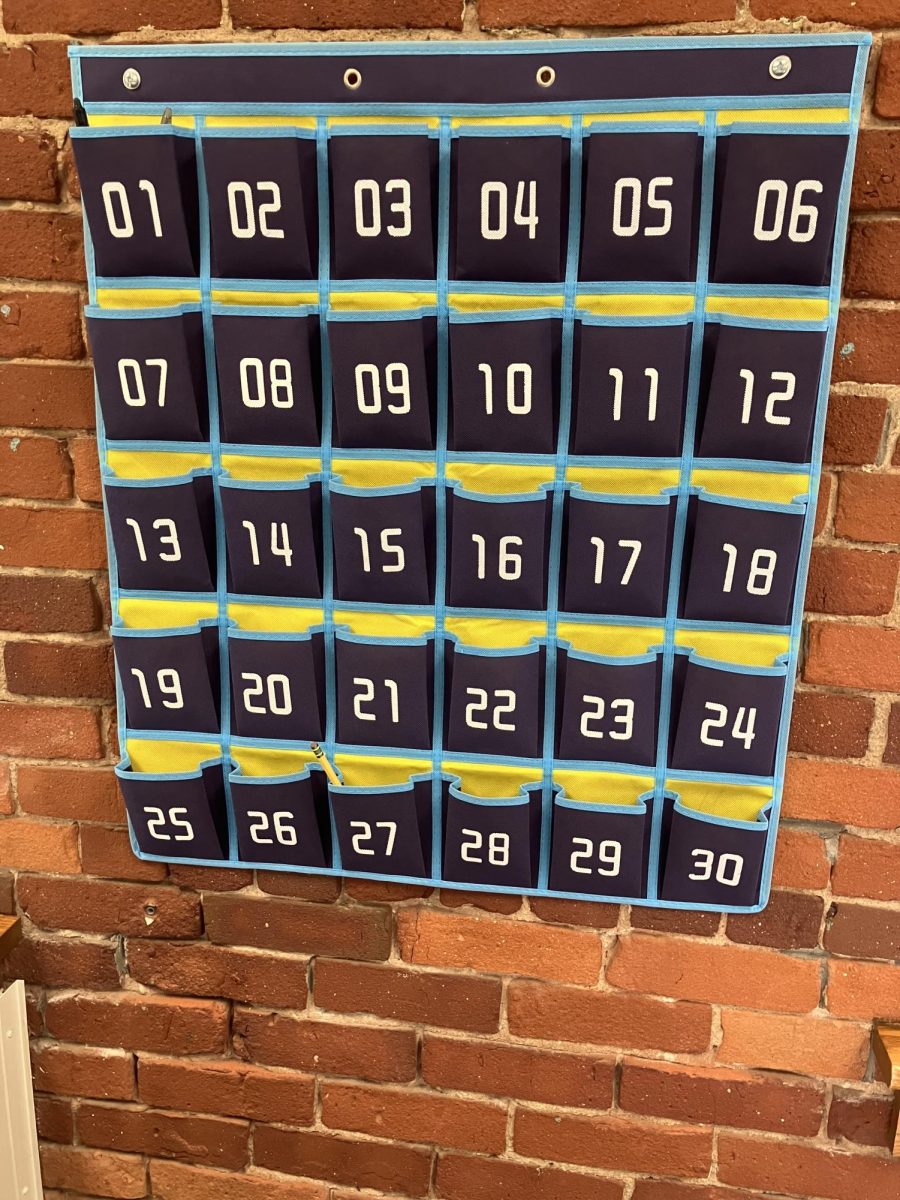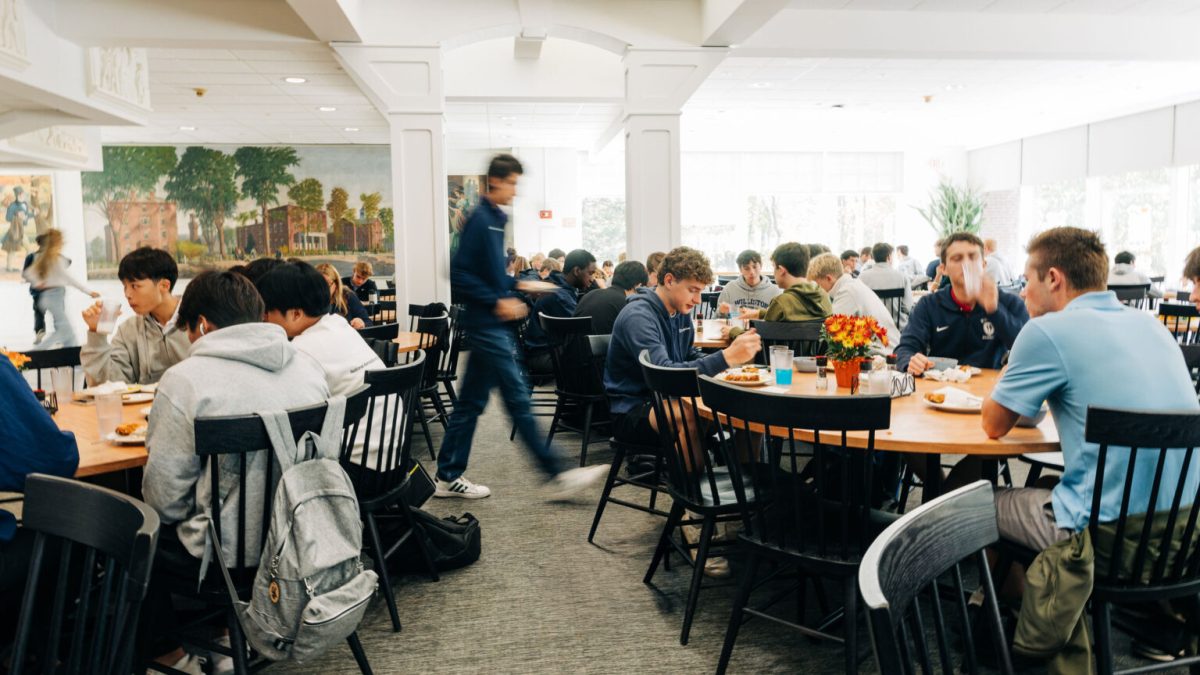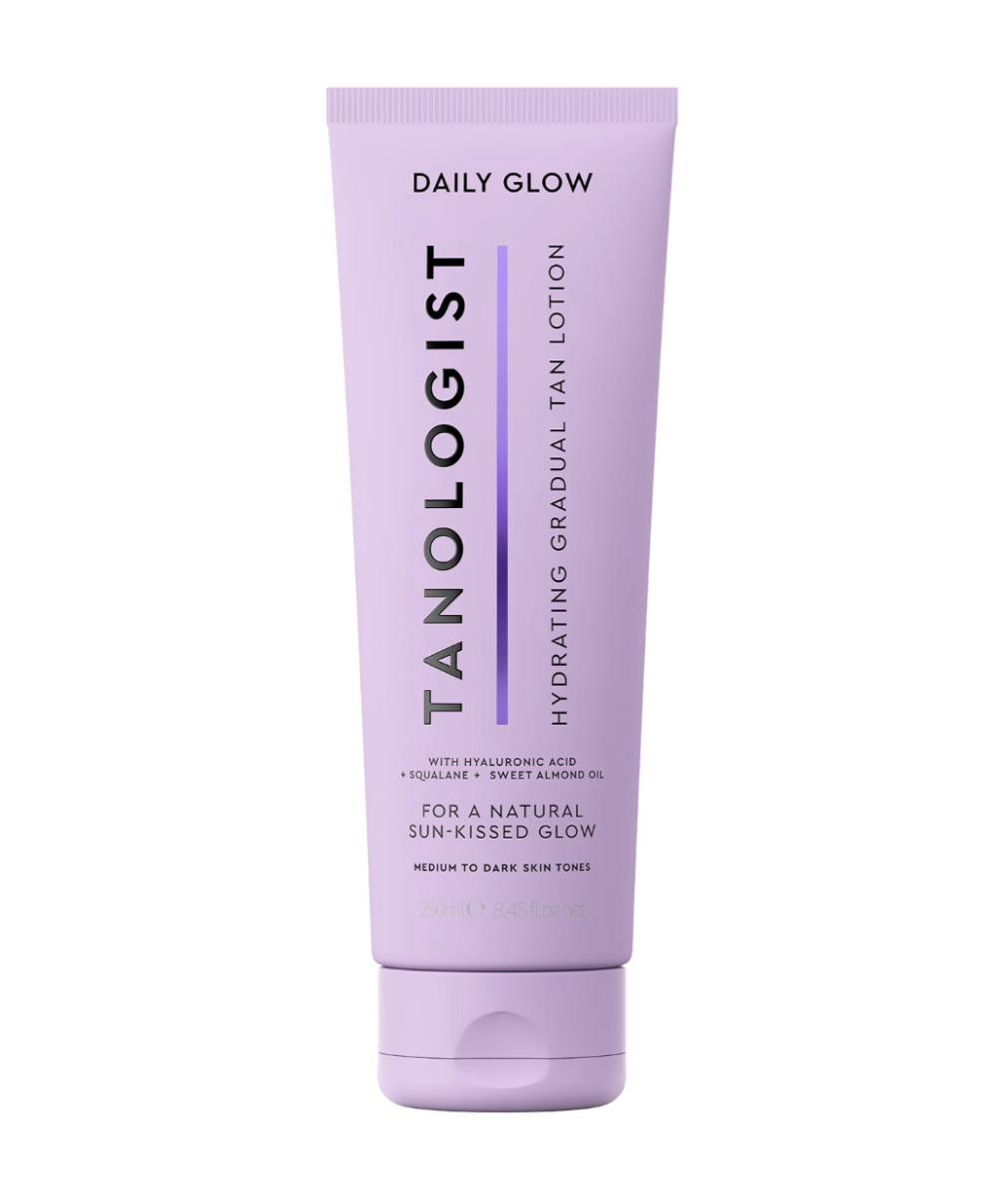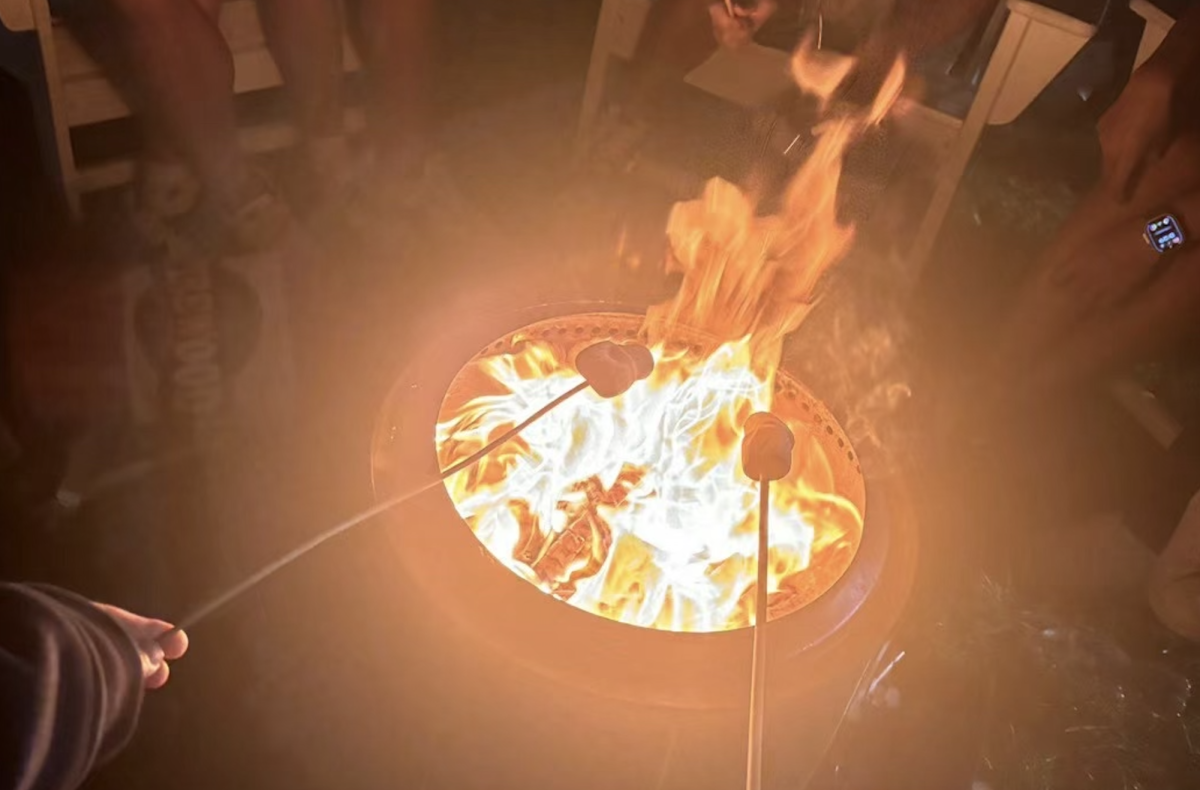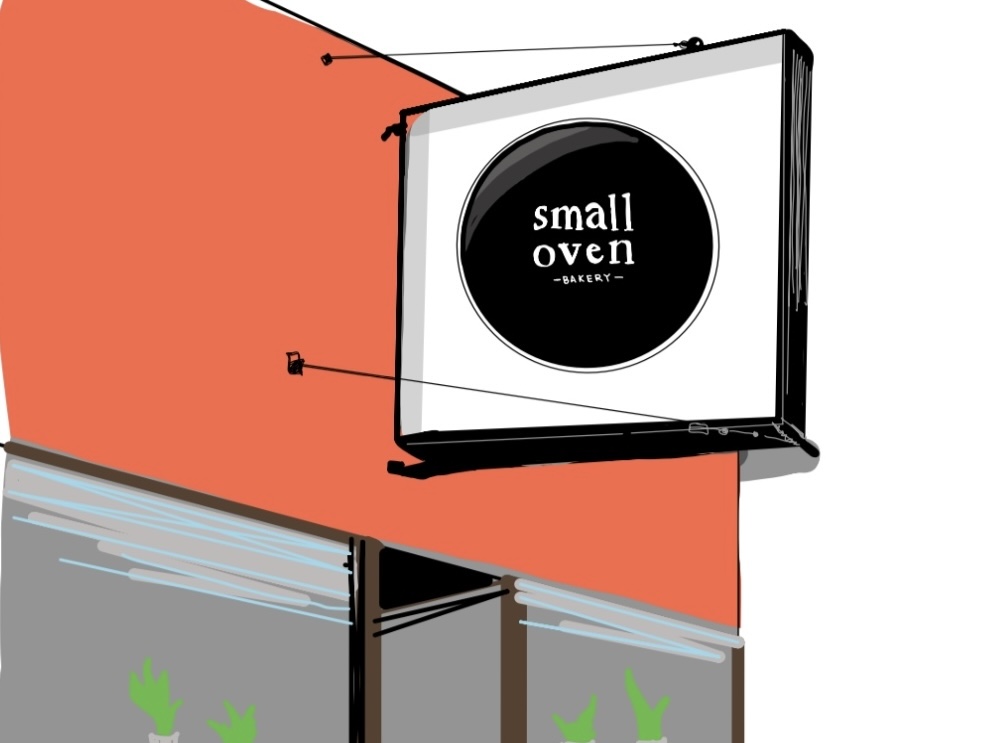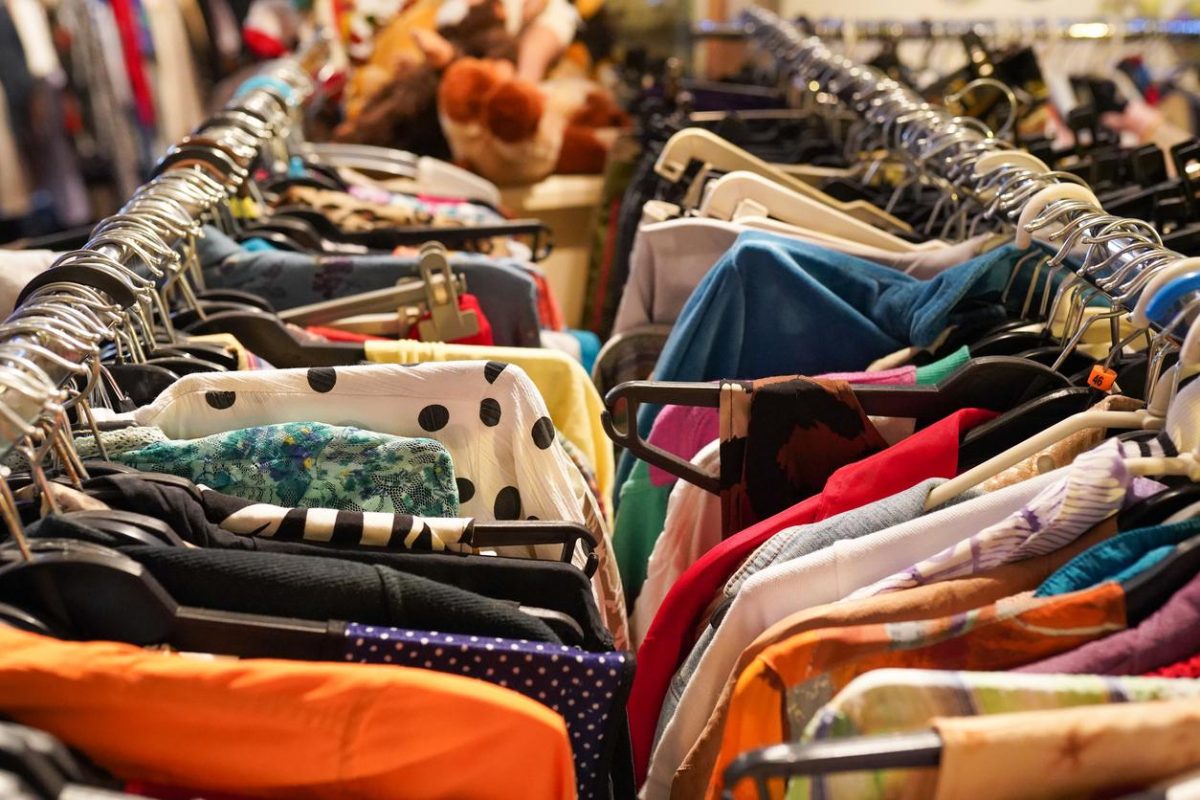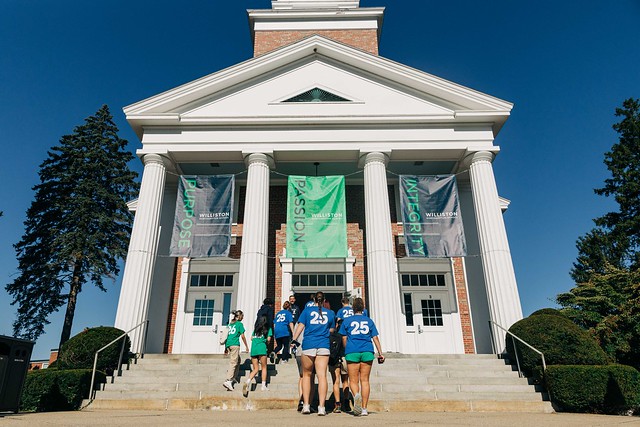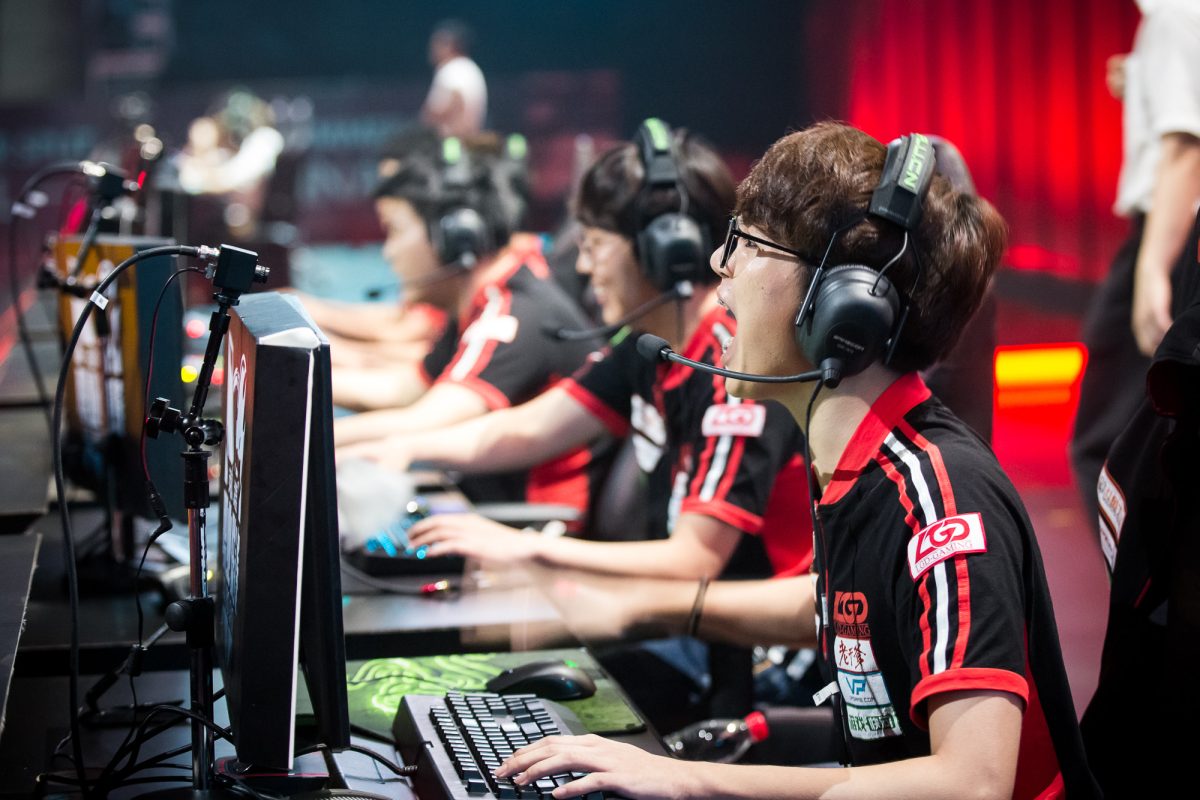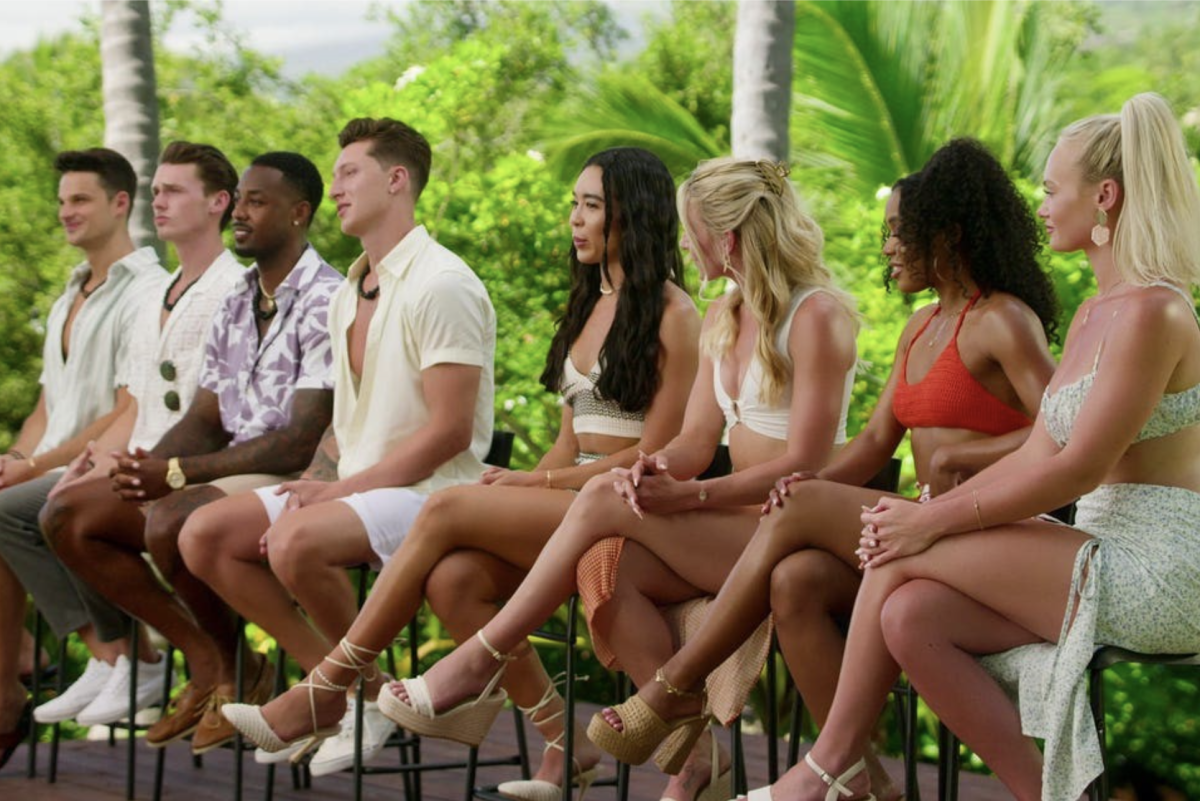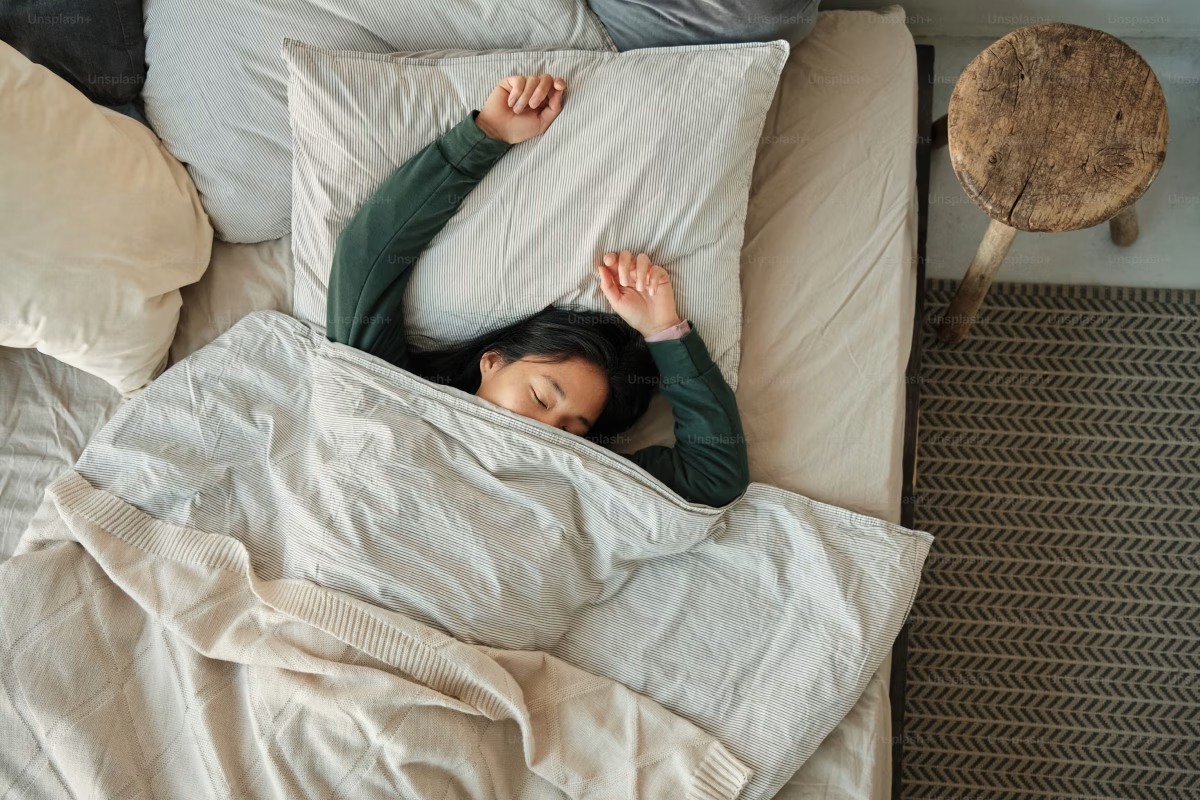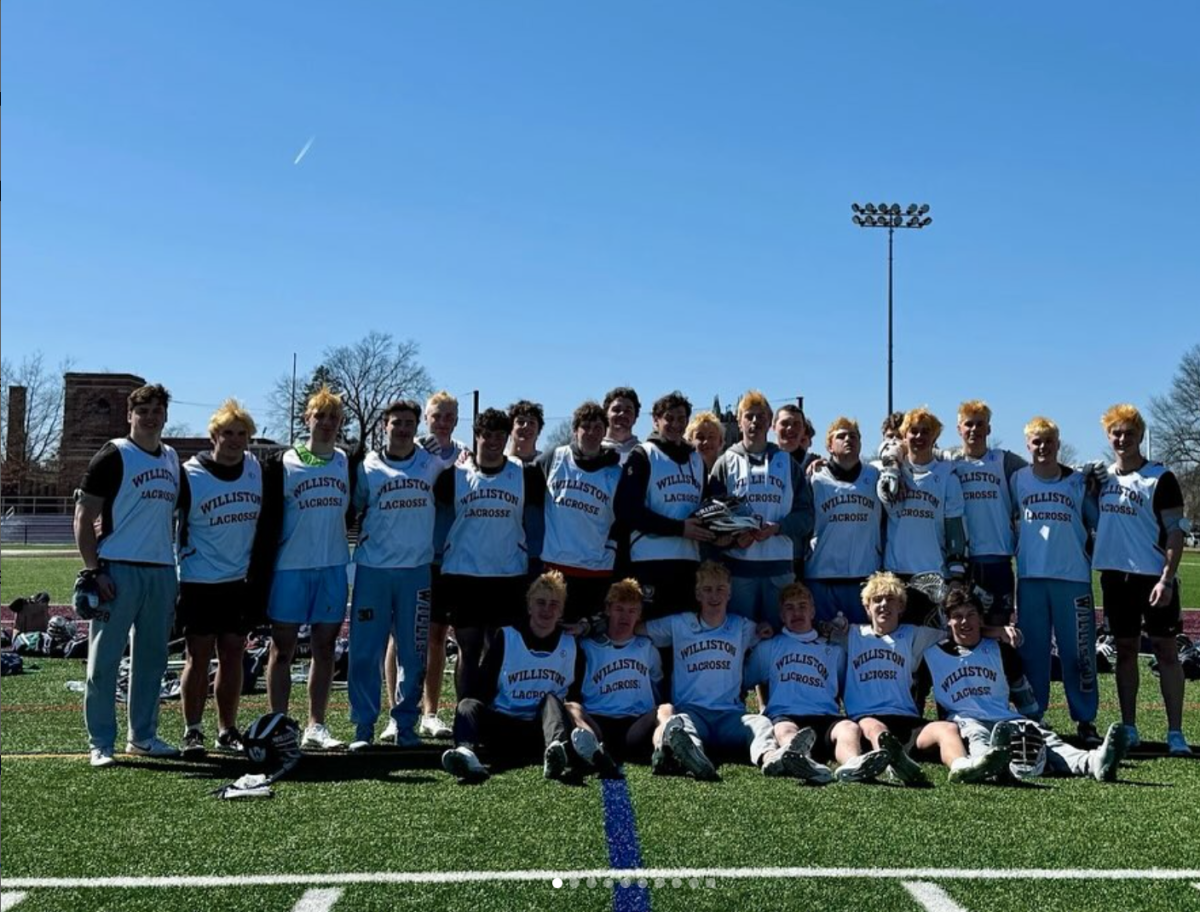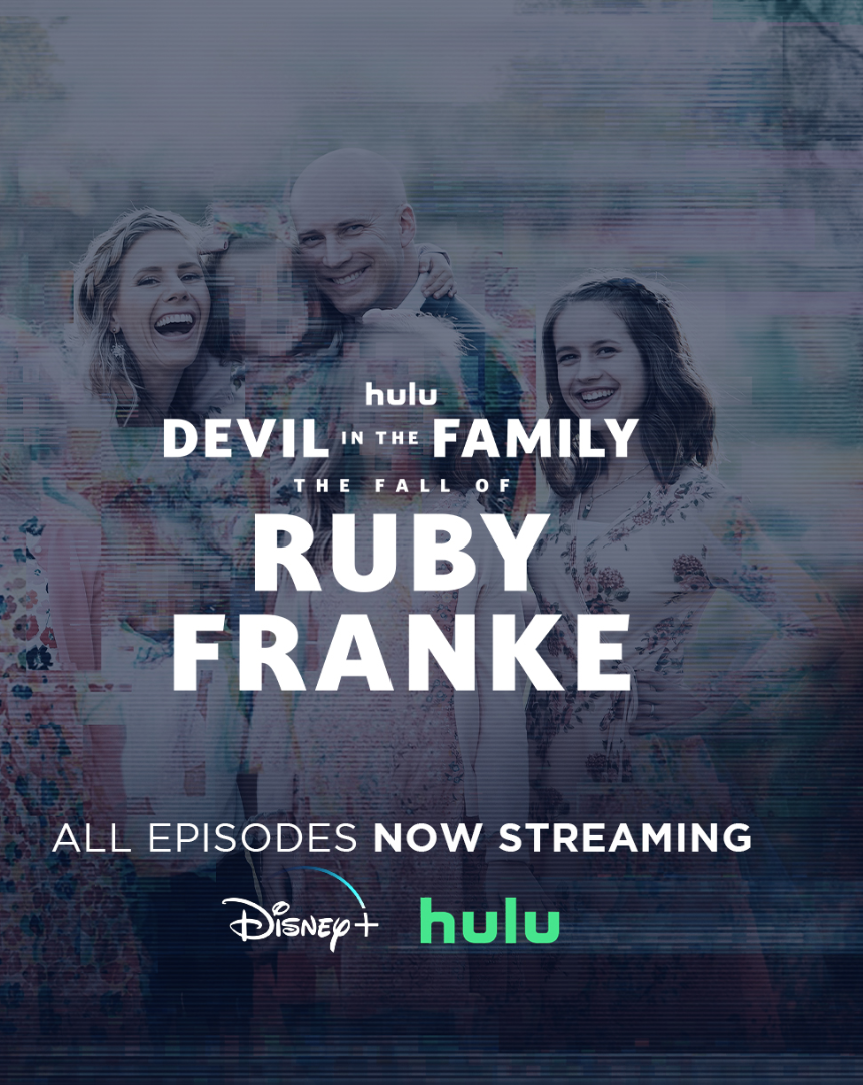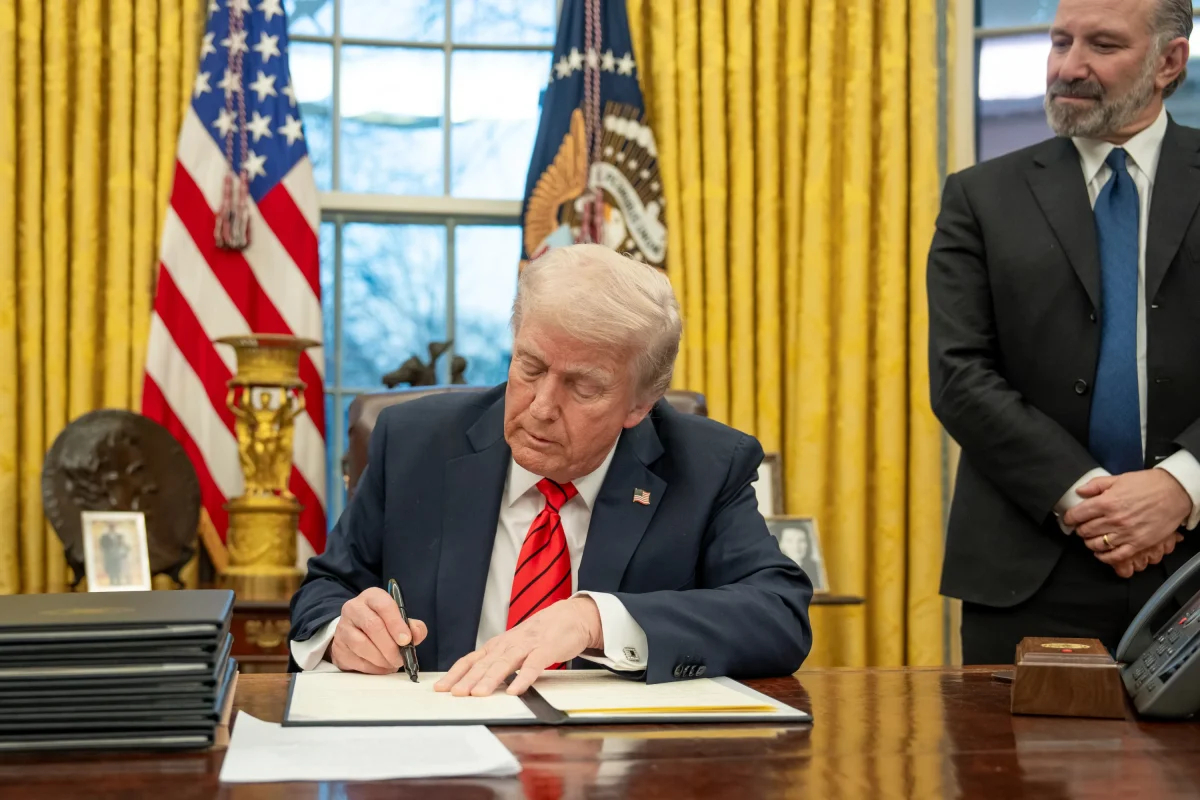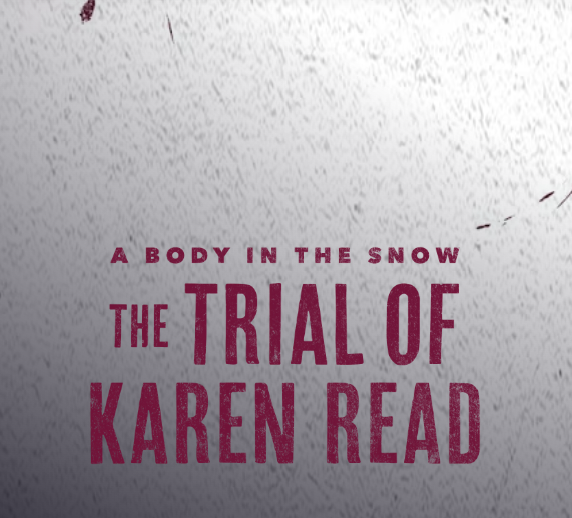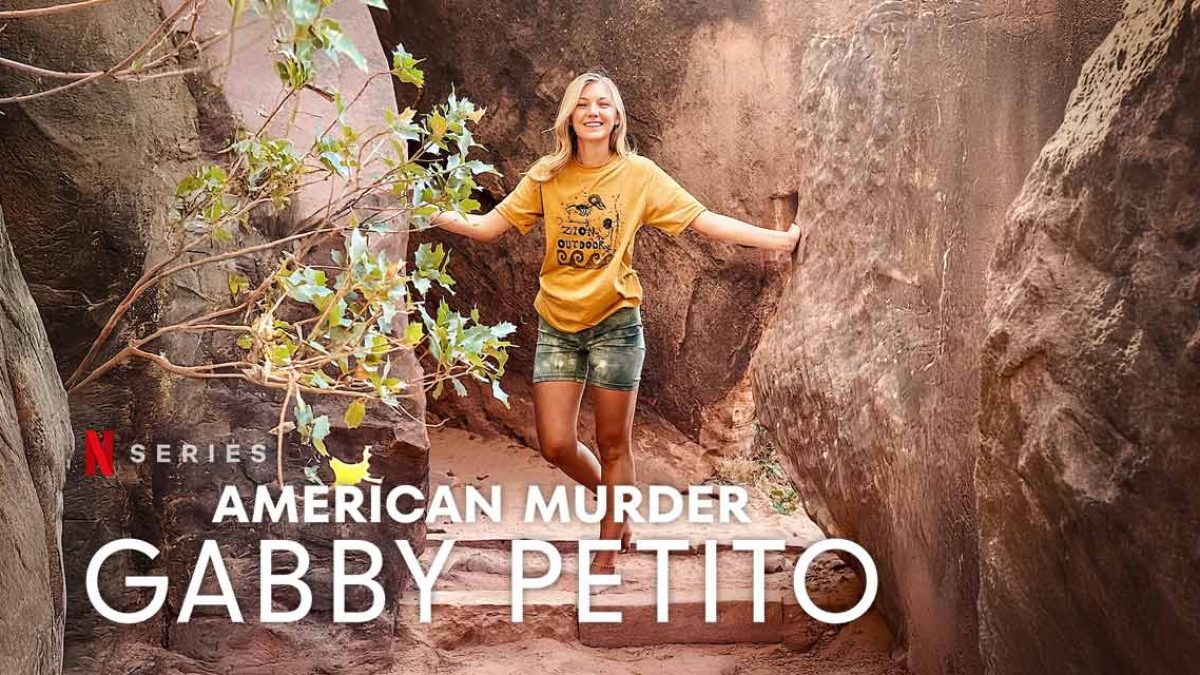The following is an excerpt from a conversation between Olin Rose-Bardawil and Easthampton mayor Nicole LaChapelle.
ORB: What has your experience as mayor of Easthampton been like so far?
NL: When I was elected in 2017, I came into office in 2018 with lots of big ideas and campaign promises. When I came into office, I had to take a long pause and sit down and review mountains of paperwork. It’s one thing to say, ‘this is what Easthampton wants,’ and then another thing to get there. And that surprised me—I thought some of that would happen, but the extent surprised me.
ORB: What else has surprised you since taking office?
NL: I realized I needed to restructure our operating system right after really big infrastructure projects, like the Ferry Street building. And going after the big grants, we looked at our small business community, that it was well worth investment, but that also how the operations were in city hall. And I quickly realized one of my biggest priorities—housing—just wasn’t going to happen unless I restructured city hall and gave people the tools they needed. That surprised me. I just wasn’t aware of how far behind we were compared to where we needed to be.
ORB: What other challenges have you had to face since taking office? Is housing the biggest one?
NL: Number would be communication. Getting ahead of narratives that start on social media, or needing to get information, like from the state government, or the state police. We don’t have a communication officer, we don’t do a lot of social media, and there have been quite a few narratives that have gotten simply out of control from this office. And it’s not that it was a ‘not a big deal’ thing—it was that we had no way of communicating to the people what we need to communicate in a way that they could trust. And that still is my number one issue.
ORB: Obviously there was the whole issue with Vito Perrone, the Superintendent candidate. How would you set the record straight with that?
NL: We did the best that we could in how it came out. But ultimately, it was, ‘we’re done.’ It happened and we tried to give it no oxygen, and I feel like that has been helpful in other situations. But I would have liked to have attempted to do more clarification around that issue, but the outside commentary was just too great. No one was going to hear us. So it was like ‘ok, let’s get on.’
ORB: How do you think you navigate that? Because it seems like the culture wars have become such a big issue. As a mayor how do you deal with people having big debates?
NL: Today is a great example of the culture wars, as well as physical wars. The war between Hamas and Israel is horrific. I have been to Israel, I’ve been to Gaza, and I just can’t fathom it. And to step into that void as a mayor or as a city feels odd. And I’ve gotten calls from the press saying why I don’t take a position on this and other things, but I don’t know the specifics on the ground.
My job is to hold a safe space for anybody in Easthampton or who comes to Easthampton who wants to talk about it, or not talk about it. But the idea that a big newspaper outside of Western Mass. would be calling mayors to say ‘What do you think about this war?’ is a great example of how when anything happens in the country, they expect us to have a position. And it’s impossible to do. Every day we’re dealing with a culture war issue, and that’s happening in every city.
ORB: How do you differentiate complacency from not having an opinion, because people think that if you’re not taking a public stance on a big issue it means you don’t care.
NL: It’s really difficult. I have my own personal emotions about it, and I have friends that live in the west bank. So it’s something that is hard to be psychologically rational on any side of group that’s in Israel right now. But taking sides is less of the job of a mayor than is the process of leading the city. So my job is to develop a process for the public to get a liquor license, to get a project plan, and to be able to speak and not feel retaliation, and that’s a process
ORB: What was it like being a mayor during the Covid pandemic?
NL: It was surreal—I felt like I was going through a science fiction movie. I had to say so many times during the pandemic, like, ‘Look, at the end of this, if we’re wrong, I don’t care about masking or not masking. But these are peoples’ lives. What we decide as far as making and testing affected peoples’ lives.’
ORB: Did you collaborate with Williston during this time?
We were looking at pricing for testing, and it was so expensive. But then we got a call from Williston saying, ‘We’re doing this; you want in?’ And they gave the tests to us … it was almost a hundred dollars cheaper than before.
This really fostered a friendship and trust that probably wouldn’t have happened before. Now, we’re always working back and forth. And Williston is a partner, and the city is a partner. It sounds so silly, but it brings tears to my eyes because I had no idea what I was going to do. Our relationship with Williston was one of the good things that came out of the pandemic.
ORB: How did you help local businesses get through the challenges of Covid?
It was pretty easy to find out what they needed. They needed rent, and they needed utility bills. We also did small business grants through a regional grant we had. And those are important because it means writing them a check they don’t have to pay back. We have also helped them with permitting so they could renew permits as they needed—just until they made a decision of what was next for them.
ORB: Did e-commerce like Amazon hurt local businesses during the pandemic?
Yeah, absolutely. People are becoming more and more likely comfortable with doing things online since the pandemic, like grocery shopping or getting lawn supplies. So people leave their homes fewer times. But we’ve worked really hard with a lot of small businesses to stay in Easthampton or come to Easthampton, because they know the small unique things we have, then people will come to one place to check it out.
ORB: How do Williston students impact the city’s economy?
NL: I definitely see Williston students all around downtown, and I’m very excited about that. Whether it’s Antonio’s, other food, or just walking around, I think that relationship and that kind of back and forth has gotten stronger. And it’s made us stronger.
ORB: How do Williston’s international students benefit the city’s cultural atmosphere?
NL: Very frankly, Easthampton as a city is 88% white. And that puts a lot of blinders on people. But Williston brings in an international community, and that’s diversity. Williston has a lot of international kids, a lot of kids from all around the country that have different ethnicities, cultural alliances, religion. To see the students and faculty at Williston become more and more a part of everyday life is one of those things that you wouldn’t think makes a difference, but it makes a real difference.
ORB: How has homelessness impact the city in recent years?
NL: Homelessness is definitely on the rise. What you would expect in terms of families for whom the rent has gotten too high, that’s happening here. We have been very lucky that we have a social work department, and they have been able to place families.
The surprising numbers for me were the number of teens who were homeless and members of the LGBTQIA+ community. The homeless numbers in Easthampton are really going up, and that makes it trickier to find safe housing. We can kind of do it on a night by night or month by month basis, but long-term getting somebody a place to stay anywhere is Easthampton is a challenge that we’re aware of, and that we’re working towards finding a solution for.
ORB: Has safety been an issue in Easthampton?
NL: Safety has not. There are people breaking into cars, speeding incidences and what not, but the thing that has been an uptick is crime-related events in town. And also some drug busts here. We’ve been more of city that’s dealt with folks who are struggling with addiction and overdose and we’ve always been a little higher than the average for a community our size, but now it’s that people are selling. At first I thought it was the economy, but it’s still getting worse. Inflation didn’t rise as much and unemployment’s down. We know we still have problems out there.



